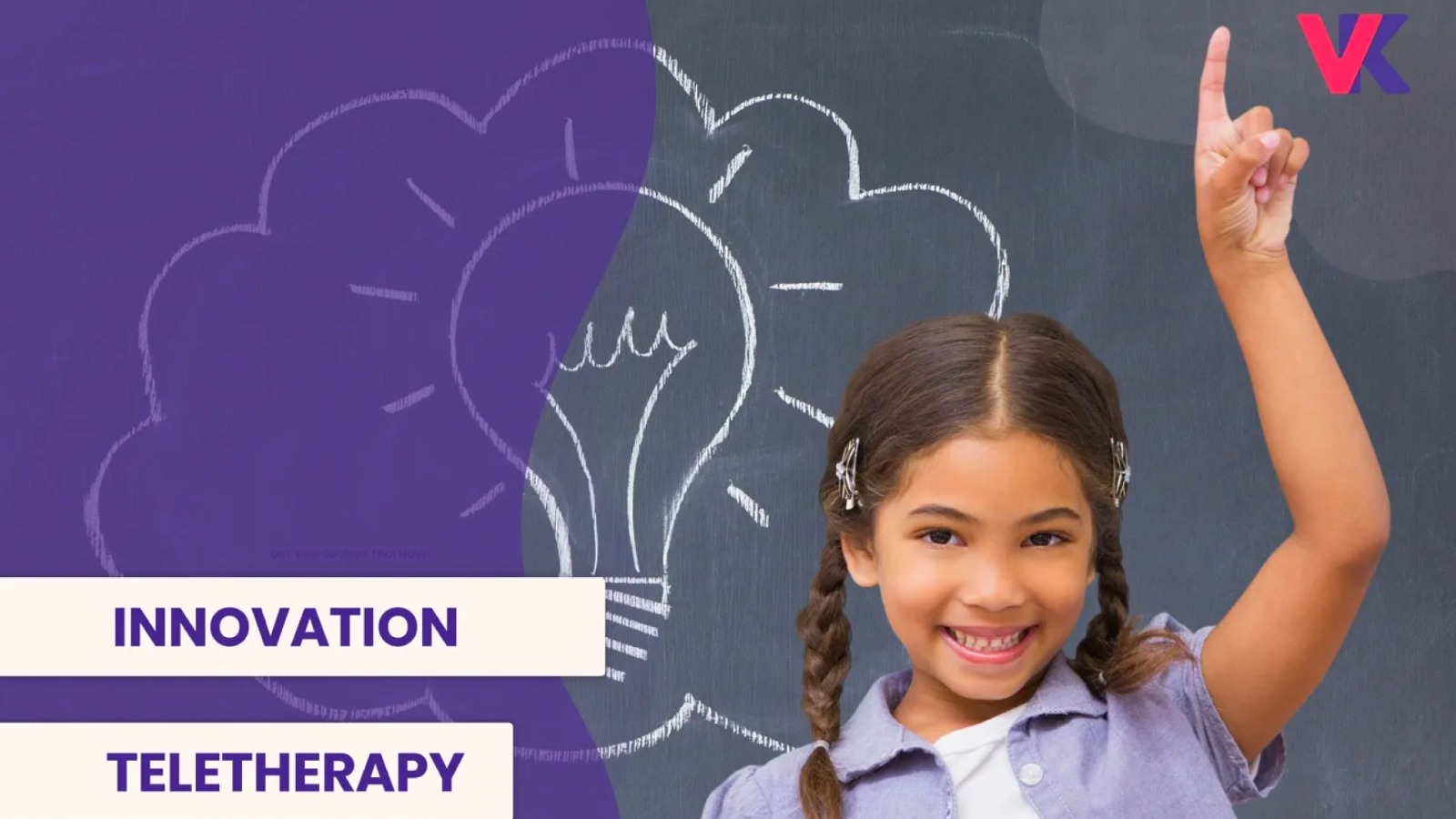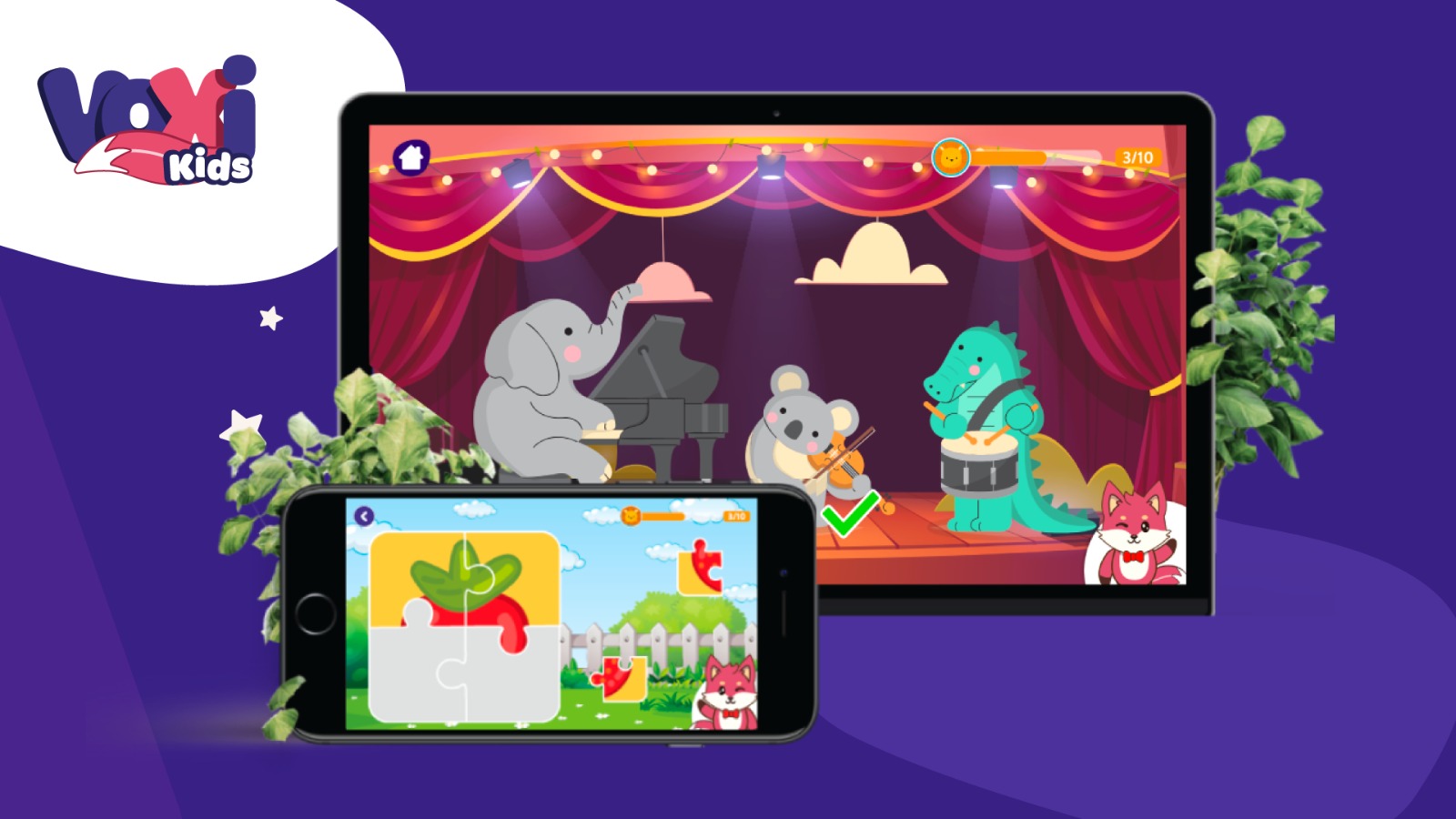Here are 3 of the most exciting innovations in speech therapy:
1. Whole-person care programmes
When a child is taken to the doctor or therapist, their needs are not just one way – we’re also talking about physical, emotional, social, behavioural needs, etc. Collaborative technology and the upgrading of health information flow, with compliance to HIPPA and GDPR standards, helps the speech therapist to integrate information from multiple sources about the child’s health status. All this data can help to develop a more effective speech intervention plan.
2. Teletherapy
Online therapy developed strongly at the start of the Covid-19 pandemic, largely out of simple necessity – speech therapists and parents suddenly found themselves unable to continue speech therapy treatment for their young children.
Fortunately, teletherapy is backed up by research that shows it works and that speech therapists can provide the same quality of online services as face-to-face, physical therapy. In addition, teletherapy offers some hard-to-ignore advantages for both psychotherapists and families in need of speech therapy:
- Parents can become more involved in their child’s recovery
- Speech therapists have more control over their work and can flex their schedule
- Geographical barriers disappear and children can work with speech therapists from anywhere in the world
- Speech therapists are no longer constrained by the limitations of the physical office and parents no longer waste time travelling to the speech therapist’s office
- Increased accessibility – when you have more freedom of choice, speech therapy becomes accessible to more families with different financial possibilities
-
Evolution of learning habits
Unlike their parents, children today are ‘digital natives’, i.e. they are used to technology and the online world from an early age. Being brought up in a technology-rich environment, children learn to use phones, tablets and mobile apps very quickly, usually handling themselves intuitively even when faced with something new. An important positive effect of this immersion of children in the digital space is that they can now benefit from advanced therapy tools adapted to the new ways in which young children process information.
Speech therapy apps can help children develop their attention, memory, thinking, engagement and learning productivity. The VoxiKids App has dozens of specialised speech therapy exercises presented to children in the form of an engaging game. In online therapy sessions, little ones can also access the varied exercises offered by VoxiClinic, as well as other useful digital tools, such as searching and replacing images in exercises with Bing, interactive virtual whiteboard on which little ones can draw or write, and educational YouTube videos that can help them learn how to pronounce different words, songs, dances, stories and more.







